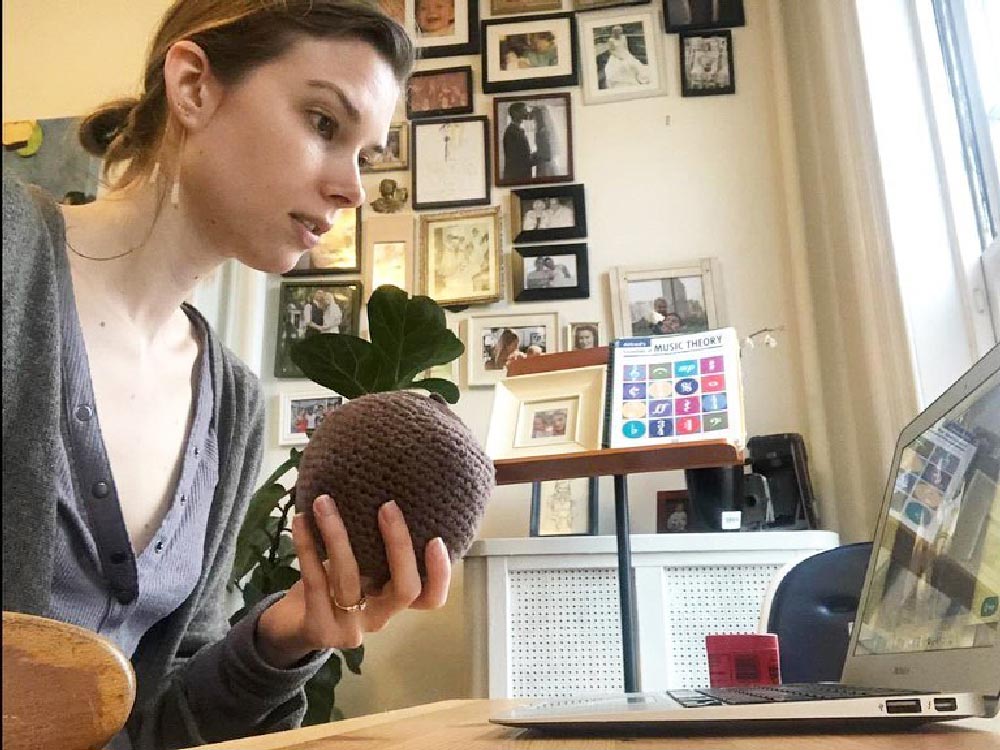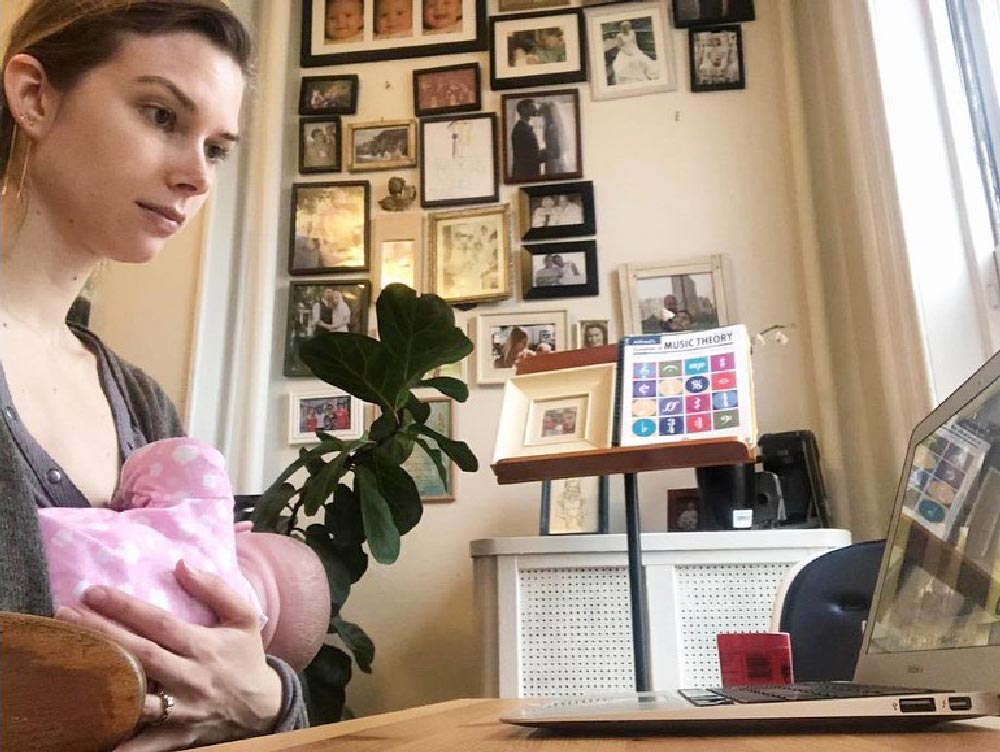Why Virtual Care Works for Expecting and new Parents?
Why a company with a deep belief in the value of in-person care decided to offer virtual, telehealth visits during COVID-19
My name is Jada Shapiro and I’m the founder of boober, a platform that connects expectant parents and new families to maternal care providers, like birth doulas, lactation consultants, postpartum doulas, and mental health therapists. Until March, we were known for matching clients with expert care providers for in-person visits. I have always maintained that there are a time and place for virtual care, but there are certain aspects of support that can only happen in the same place. Pregnant, birthing and postpartum parents benefit from empathetic in-person connections, and we stand strong as one of the few companies that focuses on the face-to-face experience.
Well, the time and place for virtual care have come. The COVID-19 pandemic has plunged us into unprecedented times. And during unprecedented times, we all must quickly adapt. For boober, that meant providing the best support possible under current circumstances. As soon as infection rates began to climb back in early March, we began matching parents to virtual care providers, so that we could meet people where they are right now: isolated, in need of support, and unequivocally at risk from in-person care.

Pre-COVID-19, visits to your doctor or midwife were educational opportunities; time in the hospital meant more time for a lactation consultant to see you; and after birth, people could have family members or experts teach them baby care and hold their little ones while they took much-needed naps. Sadly, many of these things are not possible right now. With OBGYNs and midwives reducing most of their in-person visits, hospitals not allowing doulas in their doors, parents getting sent home soon after birth, and new families unable to receive visitors, new families have never been so alone.
Supportive, qualified care is critical in this time period—now more than ever. Virtual care is different from in-person care. It cannot solve all problems. But it can be a game-changer for new and expecting parents who are currently experiencing the most isolated conditions ever. Social support across a screen or a phone is critical to give parents time to feel deeply heard and feel less alone. Beyond providing the expert education and how-to support, the providers on the boober platform charge a flat rate and take the time their clients need to work through their challenges.

Boober is committed to helping parents connect virtually with lactation consultants, birth doulas, postpartum doulas, and perinatal mental health therapists. How can these experts help? A virtual lactation consultant can help a new parent learn a better, more efficient latch. A virtual birth doula can help reassure a laboring parent that what they are experiencing is normal, suggest pain relief techniques, and help parents understand what is being offered to them during their birth. A virtual postpartum doula can be on call to answer the myriad questions new parents have and guide them through basics like swaddling, or provide personalized advice on sleep and feeding. A virtual mental health therapist can sit and talk with a parent who is overwhelmed by their baby’s crying.
Our customers have shared how grateful they are for these virtual visits. Having seen firsthand how helpful these virtual visits have been, we plan to retain virtual care as an option for situations where it can be effective or preferable. But at our core, we believe that in-person care is the gold standard and as soon as in-person visits become safe again, we can’t wait to begin helping families get these expert care providers back into their homes.
Take care and reach out with any questions you may have at support@getboober.com; we are here to help.
Jada